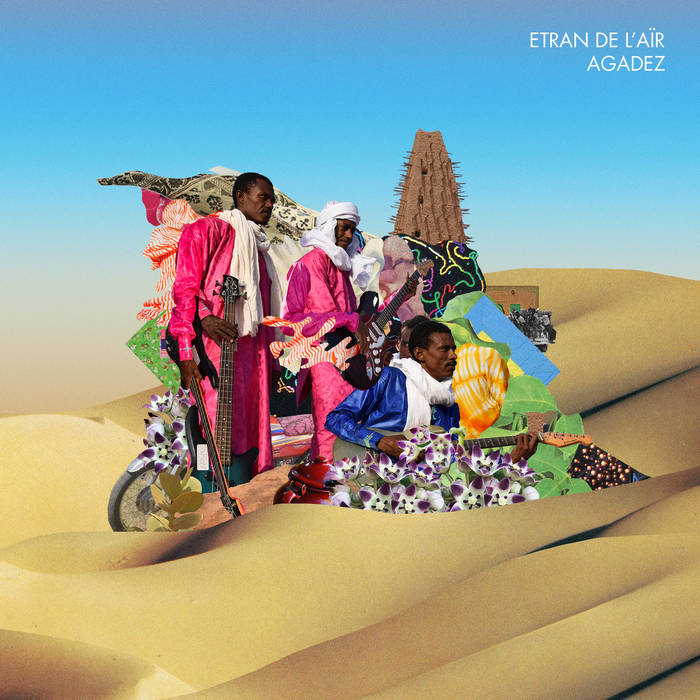From Sahel Sounds’ promo sheet, and this is an album worth waiting for!: “Etran de L’Aïr the STARS OF THE AÏR, the longest running wedding band in AGADEZ, capital of Tuareg guitar, return with a new album of sun-schlazed desert sound! Their first album, No.1, brought their music to critics Continue Reading
Niger
Etran de L’Aïr – Agadez
Thanks to a bit of luck and our friends at Sahel Sounds, I was fortunate enough to obtain an album by Nigerien (no, not Nigerian) troupe and stars of the local wedding music scene, Etran de L’Aïr (or Stars of the Aïr region). From their Bandcamp site: “Recorded at home Continue Reading

